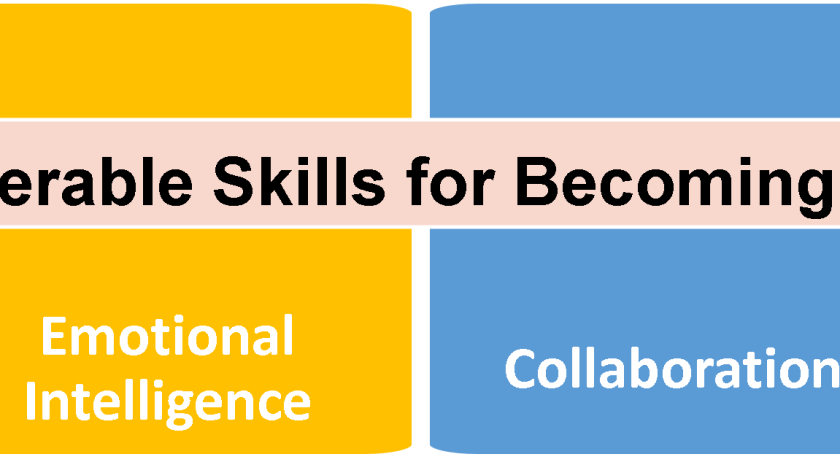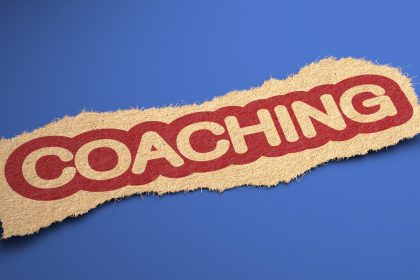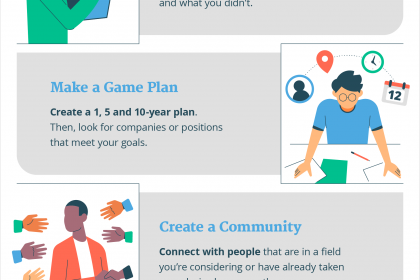Many professionals from many different career paths become interested in coaching. Sometimes they experience it, other times they learn about it online or from their network. When these professionals explore coaching, they are excited about what it is and how it works. When they research how to become a coach, they learn about the requirements for coach training. One of the common questions asked is whether other training or education can be used for coaching. The answer is within the question – other training or education is for other professions. At the same time, many of the skills these professionals have developed are transferrable to coaching. The key is understanding how to apply the skills in coaching because it is different.

6 Transferrable Skills and How to Apply in Coaching:
- Listening – build on everything you know about listening and take it further. Listening in coaching is far deeper and more nuanced than typical. Transferring the skill of listening to apply when coaching involves upgrading it. When coaching, you will listen to with curiosity to understand based on the client’s context, listen for both what the client does and does not say, listen for patterns over time, listen for energy shifts, and be comfortable not knowing.
- Clear, Direct, Positive Communication – there are many levels to this skill and how much you have developed it will determine how much more you will develop it in becoming a coach. Coaching involves specific language. Summarizing is done succinctly. Powerful questions are short, simple, and open.
- Emotional Intelligence, Relationship Intelligence, and Social Intelligence – the ability to manage your own emotions and not take on the emotions of others is essential in coaching. The difference in coaching is that the client is often unaware of the coach’s emotions and the focus remains on the client.
- Collaboration – coaching is partnering which includes collaborating with clients, stakeholders, other professionals, and other coaches which means expanding this skill to encompass the various relationships.
- Entrepreneurial Skills – coaches are in business so your skills for business planning, marketing, and managing transfer into having a coaching business. The nuance will be how different coaching is from a business offering a product or expertise.
- Supporting – typically we mistakenly think of supporting as giving direction, giving answers, providing resources, or physically doing something. In coaching we recognize that the best support is holding the space for the client to find their own direction, figure out their own answers, identify their own resources, and plan how they will do it. Coaching is advanced development for advanced results, so transferring the skill of support means supporting the advanced development of the client.
During coaching certification, as you learn coaching competencies and practice their application, you will draw on your existing skills and tweak them for application as a coach.





